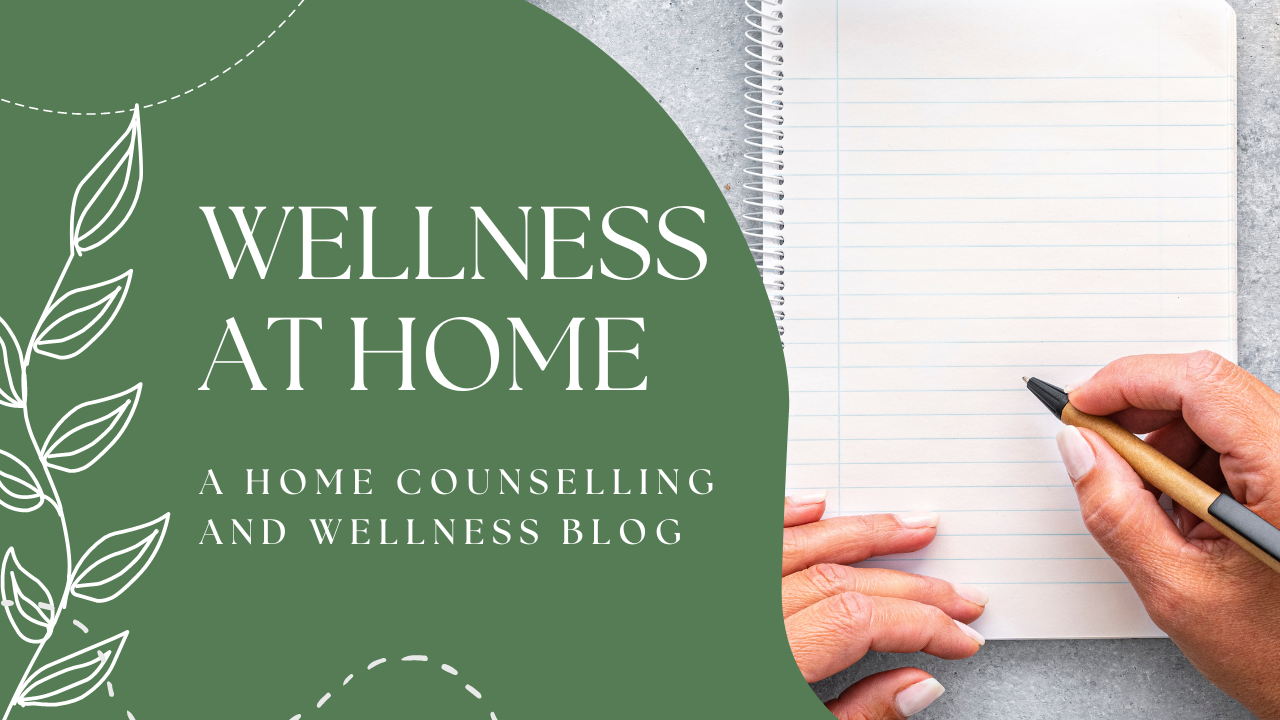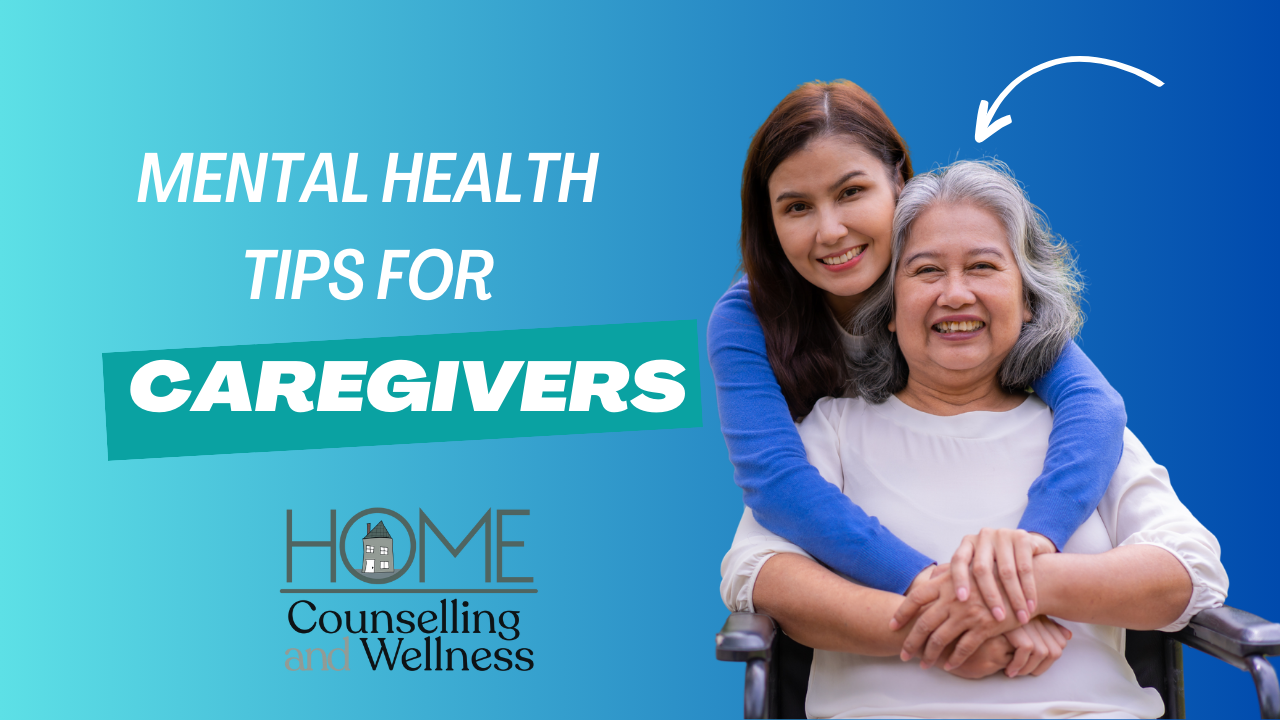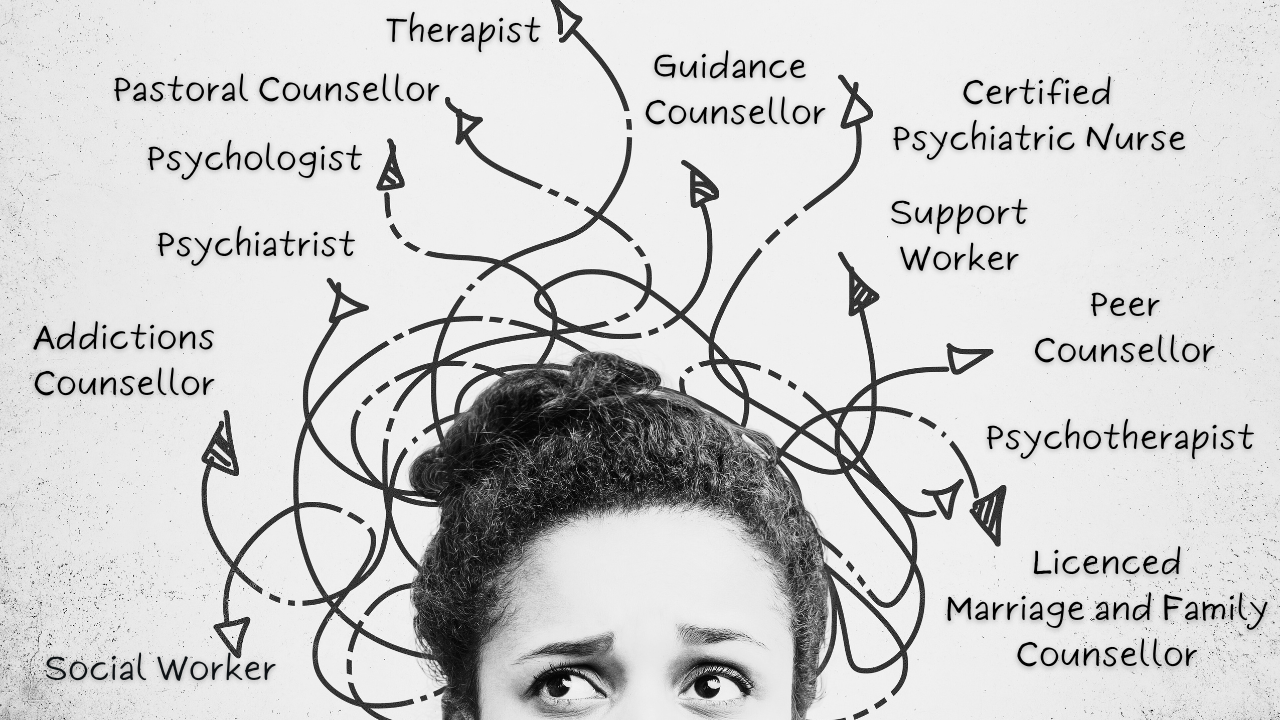
New Title

Mental Health Advice for Caregivers
Published: April 12, 2024 / Author: Teague Luhr
Balancing self-care with caregiving duties is critical. Though it can be tough to prioritize your well-being over others', remember that looking after yourself is equally important. Caregivers often face this struggle as the demands of caregiving frequently take precedence. It may be challenging to find equilibrium in your caregiving role, but it's crucial for your health and overall well-being.
Prioritizing self-care in caregiving is challenging when you're constantly attending to someone else's needs. This responsibility requires daily commitment, careful planning, adaptability for unexpected situations, and a readiness to make personal sacrifices for the sake of the relationship. Even the most resilient caregiver can feel drained or overwhelmed at times. If you can relate to this, know that it's a common experience shared by many. Caregiving demands significant effort, and it's easy to overlook the signs of overextending yourself until it's too late.
The University of Alberta recently published an article addressing this widespread issue, which included theseCanadian statistics:
- “Canadian women spend on average 13.8 hours per week providing care while men spend 10 hours. That’s on top of paid work responsibilities.”
- “One in four Canadians of working age is a caregiver: As of 2018, an estimated 5.2 million working people aged 19 to 70 were family caregivers, just over half of them women. Most caregivers worked 30 or more hours a week at a full time job.”
- “Most working caregivers are older: Almost one in three employed caregivers was aged 50 to 59, followed by 22 per cent aged 40 to 49, making caregiving a current workplace issue and more pressing as the demographics of the workforce and the population change.”
- “One in five employed caregivers has low income: Twenty percent of caregivers made less than $20,000 per year before taxes, with another 23 per cent making under $40,000 a year. This puts additional financial strain on caregivers who earn little, incur extra expenses because of their caregiving, and are struggling to save for their own retirement.”
- “Caregiving hurts job security, especially for women: Women accounted for almost 60 per cent of the 214,000 workers who left the paid labour force in 2018 due to caregiving duties. They were also more likely to work fewer paid hours to balance their dual roles, impacting their income security.”
- “More caregiving means less work-life balance: Employed caregivers who provide more hours of care are at risk for poor work-life balance, the U of A analysis showed.”
So, what insights can we gather from all these statistics?
“Caregiving - Self-care = Extreme Burnout”
Caregiver stress can have a range of negative effects, impacting physical health, mental well-being, and overall quality of life. This stress also places financial strains on individuals, families, and healthcare systems, underscoring it as a public health issue. Caregivers often neglect self-care due to their many responsibilities, leading to health issues like sleep disturbances, high blood pressure, and mental health disorders, putting them at risk of premature death.
To find relief from stress and maintain balance in caregiving relationships:
- Prioritize self-care to enhance your ability to care for others.
- Implement small stress-reducing activities to boost resilience and energy.
Suggestions for managing caregiver stress:
- Stay active: Engage in enjoyable activities like walking, dancing, or gardening.
- Eat well: Maintain a balanced diet and stay hydrated.
- Prioritize sleep: Aim for seven to nine hours of quality sleep each night.
- Reduce stress: Try relaxation techniques like meditation or yoga.
- Make time to unwind: Schedule activities unrelated to caregiving.
- Monitor your health: Attend medical appointments and inform your doctor about your caregiving role.
- Seek support: Connect with family, friends, professional supports or counselling.
- Take a break if needed: Delegate tasks or seek outside help.
- Practice self-compassion: Acknowledge and express your feelings. Be honest with others and yourself about your genuine needs and your stress.
Caring for others is impactful, and it's crucial to acknowledge your contributions. Remember, you are not alone in this role. When you start feeling overwhelmed, consider reaching out for support or exploring different ways to manage personal stress and responsibilities. There's no shame in asking for assistance, and if someone offers to help, remember it's okay to accept it. Finally, if you find yourself struggling, recognize when it's time to seek respite services or professional support. For further information, explore the references and free resources provided in the links below!
References and Resources:
https://pubmed.ncbi.nlm.nih.gov/32453176/
https://www.nia.nih.gov/health/caregiving/taking-care-yourself-tips-caregivers





